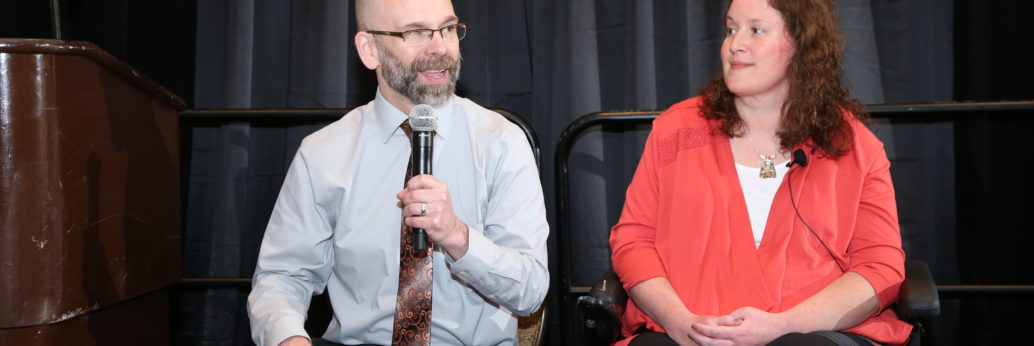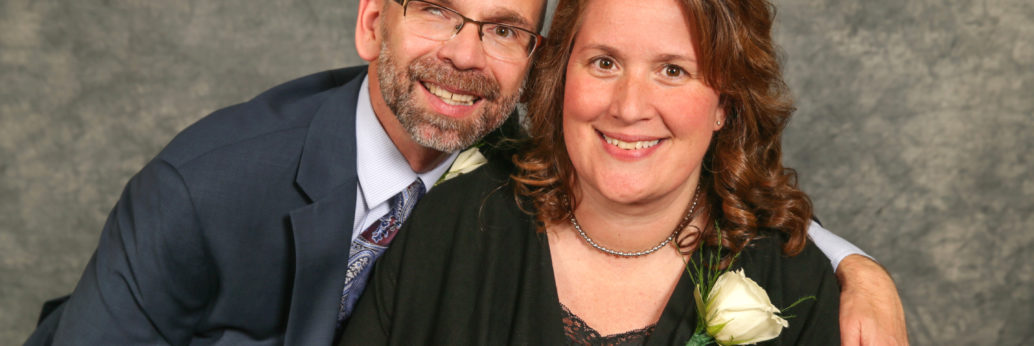At this time twenty years ago, I was a carefree teenager looking forward to getting my driver’s license. Disability was a word I hardly knew.
Fast forward to the present, I am a graduate student able to access my college library through power-assist doors and an elevator that takes me all the way to the fourth floor. These are just some of the benefits I have through the Americans with Disabilities Act.
It was twenty years ago this past Monday, July 26, that President George H.W. Bush signed the ADA. This legislation has allowed me, and millions of other Americans living with a disability, to enjoy the same livelihood as other able-bodies Americans.
To celebrate this important landmark legislation, we wanted to share with you the op-ed piece that was written by our friend and colleague Susie Rood, director of Student Disability Services at Central Michigan University. Her involvement in advocacy work related to disability services spans more than a decade, and we are empowered by what she has to say.
We hope you are too, and we invite you to share with us what doors the ADA has opened for you and your loved ones.
Americans with Disabilities Act celebrates 20 years
by Susie Rood, CMU Student Disability Services Director
Kentucky’s Republican Senate candidate Rand Paul – the son of Rep. Ron Paul, R-Texas – sparked some unsettling feelings in the disabled community this spring with comments he made in a National Public Radio interview.
NPR’s “All Things Considered” host Robert Siegel asked Paul, in part, if he thought the Americans with Disabilities Act was an “overreach” and “… that business shouldn’t be bothered by people with the basis in law to sue them for redress?”
Paul responded, “Right. I think a lot of things could be handled locally. … I think if you have a two-story office and you hire someone who’s handicapped, it might be reasonable to let him have an office on the first floor rather than the government saying you have to have a $100,000 elevator. …”
Regardless of how a person feels about what Paul said, his comments generated lively political discussions in the months leading up to a milestone in ADA history.
This week marks the 20th anniversary of President George H.W. Bush signing the Americans with Disabilities Act into law and proclaiming, “Let the shameful walls of exclusion finally come tumbling down.”
This historic piece of civil rights legislation was pivotal in providing equal access for individuals with disabilities in areas such as employment, entertainment and housing. Perhaps Paul’s seemingly controversial comments illustrate the extent to which the ADA has become more commonplace over the past two decades, and the commonsense “why wouldn’t you?” attitude is exactly what the ADA was intended to foster.
Before the ADA, accommodating one individual over the convenience of others wasn’t even considered. Now universal design features – such as buildings that are accessible with curb cuts and automatic door openers, soap and paper towel dispensers that don’t require pulling a lever, and open captioning on television sets – are standard.
While not directly intended for able-bodied individuals, we all benefit from these conveniences. After all, how many of us have used a pedestrian ramp to a football stadium or a curb cut at the grocery store and been thankful there weren’t steps?
As with all civil rights legislation, the ultimate goal is for it to not be needed; to have a society in which all individuals are treated with respect and dignity and every person has equal rights and access. Because of this, common occurrences in our daily lives now include seeing signs for wheelchair access, finding assistive listening devices at movie theaters as well as seeing an individual using an assistive animal. Without access to such resources, these individuals would not be able to fully participate in our society.
It is very difficult to legislate civility, which is the underlying goal of all civil rights legislation. Such legislation will no longer be necessary when the founding principles of America and these laws become a part of our accepted everyday lives. While we’re making strides, we unfortunately are not completely there.




